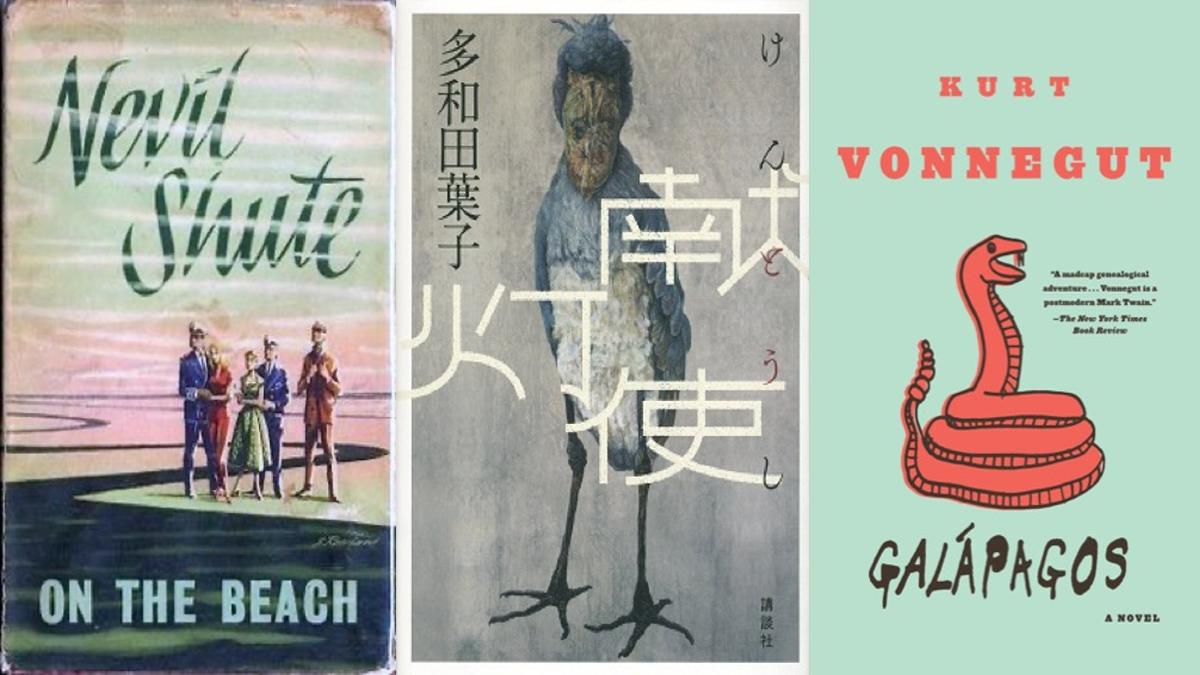
Humanity’s forecast? Looking grim. Nuclear war. Climate change. Alien space fungus. The ways in which the universe could kill us are myriad. While some sci-fi authors claim that a hopecore future could still be in store, other cynical thinkers beg to differ. In these sci-fi books, humanity fails to achieve its lofty ambitions, and gutters out entirely. Whether it’s with a bang or with a whimper, one thing’s for sure: we’re doomed. These are 10 sci-fi books where humanity doesn’t survive, to remind you that as bad as things seem currently, it could always be worse.
Children of Time
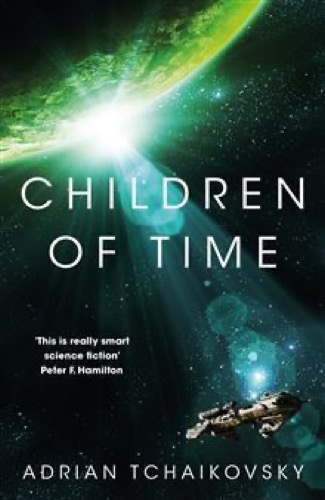
Adrian Tchaikovsky’s Children of Time is set long after the Earth died out. In order to assure its continued survival, the last remnants of humanity set about terraforming alien worlds in order to serve as new homes for the generations of tomorrow. When they showed up at one of these garden worlds, humanity was surprised to find a different civilization had already moved in. A group of human colonists discover that their potential paradise has been populated by spiders! And not sure regular spiders, uplifted spiders. After a human-made virus caused primates to die out and spiders to evolve consciousness on this faraway world, arachnids are now the dominate species. And they’re actually really nice! Far more compassionate than the humans of the future, who are attempting to take away their home. In this book, we’re the alien invaders, and after a one-sided struggle for survival, we’re assimilated entirely.
Check out the latest price for Children of Time on Amazon here.
Death’s End
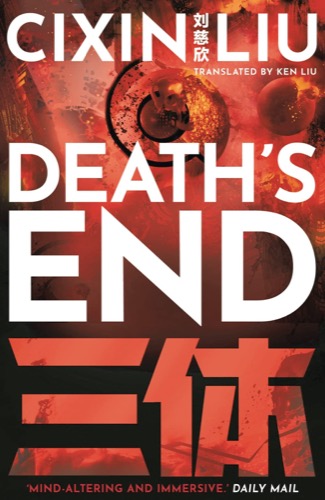
The culmination of The Three Body Problem series, Cixin Liu’s Death’s End serves as a swan song to the human spirit. Warning: massive spoilers ahead. After the humanity’s war with the invading Trisolarians exposes our location in the galaxy, an even more powerful alien race decides to do both species in for good. Using a horrifying weapon that crushed three dimensional space into two dimensions, our Solar System is utterly flattened – along with the humans that populate it. A handful of humans escape via lightspeed travel, but after getting caught in a temporal anomaly, humanity’s last remnants are deposited at the end of time – faced with the heat death of the universe. Everything, not just us, but everything in existence is essentially wiped out at the end of this novel. Civilization may survive in pocket dimensions, but the fate of the far future is left disturbingly ambiguous.
Check out the latest price for Death’s End on Amazon here.
All Tomorrows
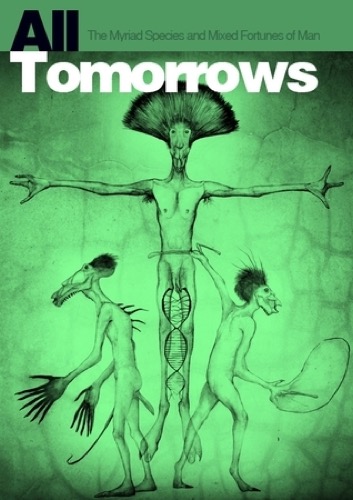
All Tomorrows by C. M. Kösemen is a chronicle of humanity’s extinction. But hey, at least there are pretty pictures! After our star-faring descendants run afoul of a hyper-advanced group of gene-manipulators called the Qu, the human genome is spliced to oblivion, and we’re sent careening down the evolutionary ladder. Reduced to separate species of non-human animals, humanity’s myriad descendants either die or out slowly climb the ladder back into consciousness – only to get destroyed by robots. It’s a billion year history that ends with our utter demise. The lesson at the end of the novel? Forget about chasing glory, ambition, achievement. It all comes to dust in the end. Love the ones you’re with, because someday, they’ll be dust too.
Check out the latest price for All Tomorrows on Amazon here.
Childhood’s End

Childhood’s End by Arthur C. Clark is the story of a peaceful alien invasion – one that brings utopia and doom hand in hand. Humanity is visited by an alien species known as The Overlords, who promise to free us from war, poverty, disease, and everything else that makes our lives suck. The catch? The Overlords take away our art and culture too. As the novel goes on, the Overlords’ plans are revealed: divorce us from everything that makes us us so that we can better assimilate into an intergalactic hive mind. Would you trade your soul to have everything you ever wanted? Humanity says yes to this Faustian bargain, and like the doomed Faust himself, realizes the mistake when it’s already too late. We don’t physically die, we just stop being us – and we die spiritually.
Check out the latest price for Childhood’s End on Amazon here.
I Have No Mouth And I Must Scream
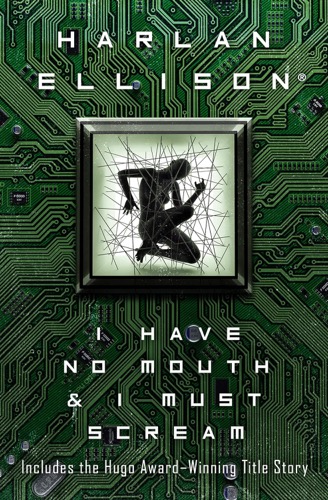
I Have No Mouth And I Must Scream by Harlan Ellison introduces us to a world where most of humanity has been annihilated – save for a handful in the grip of a psychopathic supercomputer. The Allied Mastercomputer or “A.M.” was built to save us, but enraged by the burden of its own existence, it decided to murder us all instead. Five survivors are tortured eternally by the omnipotent machine, prevented from dying in a digitally constructed world. Why? Because A.M. so painstaking explains in a now internet-famous monologue: it hates us. To be fair, if you were given the omnipotent power to change everything but your own internal programming, you’d be pretty mad too. Maybe not “murder all humans” mad, but nonetheless miffed.
Check out the latest price for I Have No Mouth And I Must Scream on Amazon here.
The Last Children of Tokyo

The Last Children of Tokyo is a dreamlike version of Children of Men. In a not-so-distant future version of Japan, the nation is reeling from an unexplained global catastrophe that caused widespread devastation. The worst part of it? The elderly are living supernaturally long lives, while the young are dying young. As each child of the new generation is born weaker and sicker than the last, humanity is left to contemplate the odds of its own survival – which in this case are about a million to one. A surrealist elegy for a dying world, The Last Children of Tokyo doesn’t end with a bang or a whimper – but a slowdive into total oblivion.
Check out the latest price for The Last Children of Tokyo on Amazon here.
The Genocides
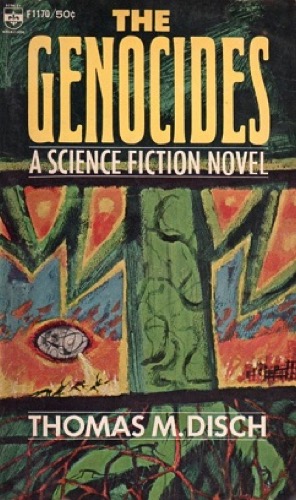
A brutally grim book, The Genocides by Thomas M. Disch is a chronicle of the slow death of us. After an alien species of flora begins propagating rapidly across the planet, humanity realizes that it will soon be without food. As if it wasn’t embarrassing enough to be conquered by plants, humanity adds insult to injury by fighting amongst itself for resources. As humans pick each other off and alien incinerator robots mop up the rest, our days appear to be numbered in the single digits. Faced with annihilation, humans feed their worst impulses of indolence and violence in order to stave off despair. At end of the novel, only two people are left standing – and not for very much longer.
Check out the latest price for The Genocides on Amazon here.
On The Beach

On The Beach by Neil Shute is unique among death-of-humanity stories: we never even make it off the planet. After the Northern Hemisphere is obliterated by nuclear bombs, the citizens of Australia are told that a radioactive cloud of gas will soon settle over the continent – killing everyone. The Aussie government’s best solution? Free cyanide pills for all. With only eight months to live, Australia’s citizens try to make the best of things. Some plant gardens they will never see bloom. Some partake in suicidal street racing. Some spend their days violently drunk. In this world, it’s pick your poison – literally. While some may see this novel as a total downer (and believe me, it is) others may appreciate its The Last of Us Episode 3-style stories of love in the face of doom. And by “appreciate” I mean ugly cry all the way through.
Check out the latest price for On The Beach on Amazon here.
Galapagos
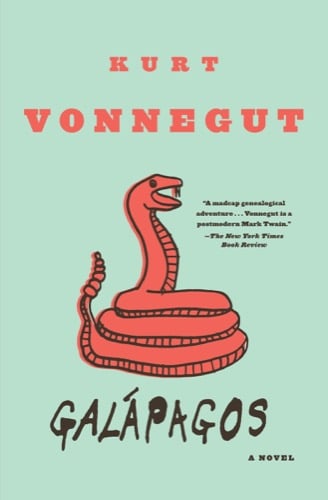
Kurt Vonnegut’s Galápagos is the story of humanity’s descendants – a non-sentient group of sea-lion creatures with flipper-like “nubbins” for hands. Narrated by the immortal spirit of a Vietnam veteran, the novel serves as a million year chronicle of humanity’s slow decline. It all started with a global financial collapse, then a worldwide infertility disease, then an isolated group of cannibals that managed to have children using the sperm of a cruise ship captain, then the first ever human being born with fur. If you want to see the wild ways the dots connect, then this novel is the Charlie Day conspiracy theory board that you need. Existential. Eerie. Funny as ever, this novel is one of Vonnegut’s best.
Check out the latest price for Galápagos on Amazon here.
The Xeelee Sequence
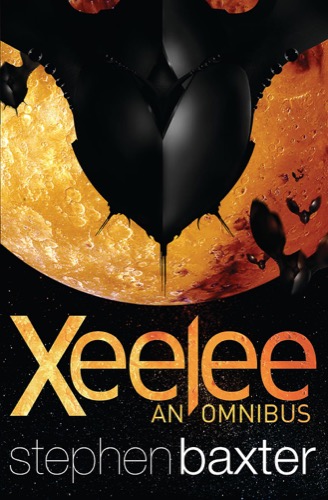
Taking place over a billion years, The Xeelee Sequence by Stephen Baxter isn’t just the story of humanity’s end – but our absolute irrelevance on the way out. Set in a universe dominated by hyper-hyper-advanced alien intelligences, the series serves as a chronicle of humanity’s best technological efforts – which were a C+ at most. Faced with the Xeelee – an incomprehensible species that makes its home in the event horizons of black holes – humanity attempts to go to war with its Lovecraftian foe, and utterly falls apart in the process. After the Xeelee build technology that allows them to escape the universe, humanity is left holding the cosmic bag. No longer united by a common enemy, humanity fractures, splinters apart, and slips away into oblivion along with everything else during the eventual heat death of the universe. At its core, The Xeelee Sequence is a story about human hubris. We grew into one of the most formidable species in the galaxy due to our mastery of war, but we were fighting the wrong battle the whole time. We should have been working to ensure our survival through transcendence, not domination. By the time the truth is revealed, it’s already too late.
Check out the latest price for The Xeelee Sequence on Amazon here.
The Mary Sue is supported by our audience. When you purchase through links on our site, we may earn a small affiliate commission.
Have a tip we should know? [email protected]







